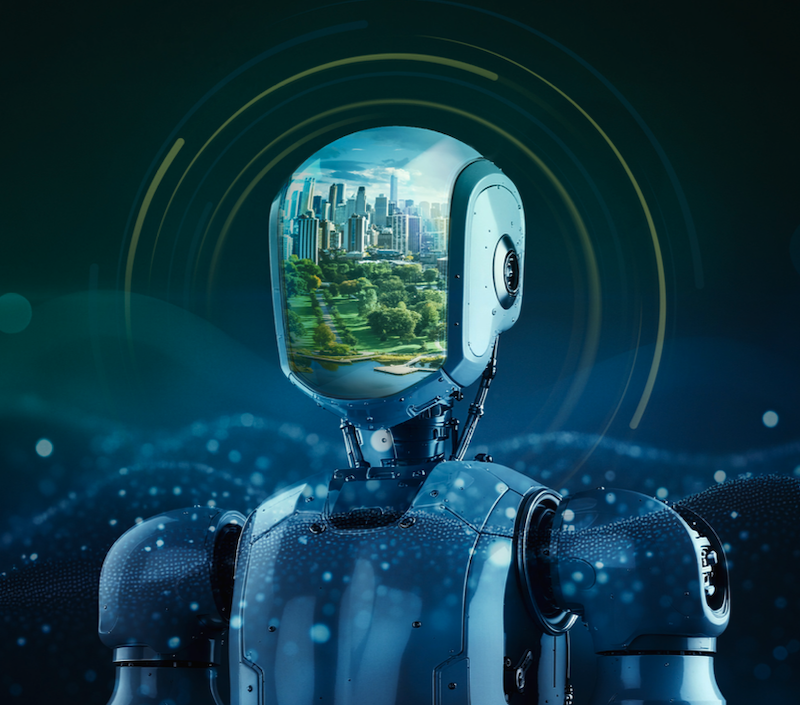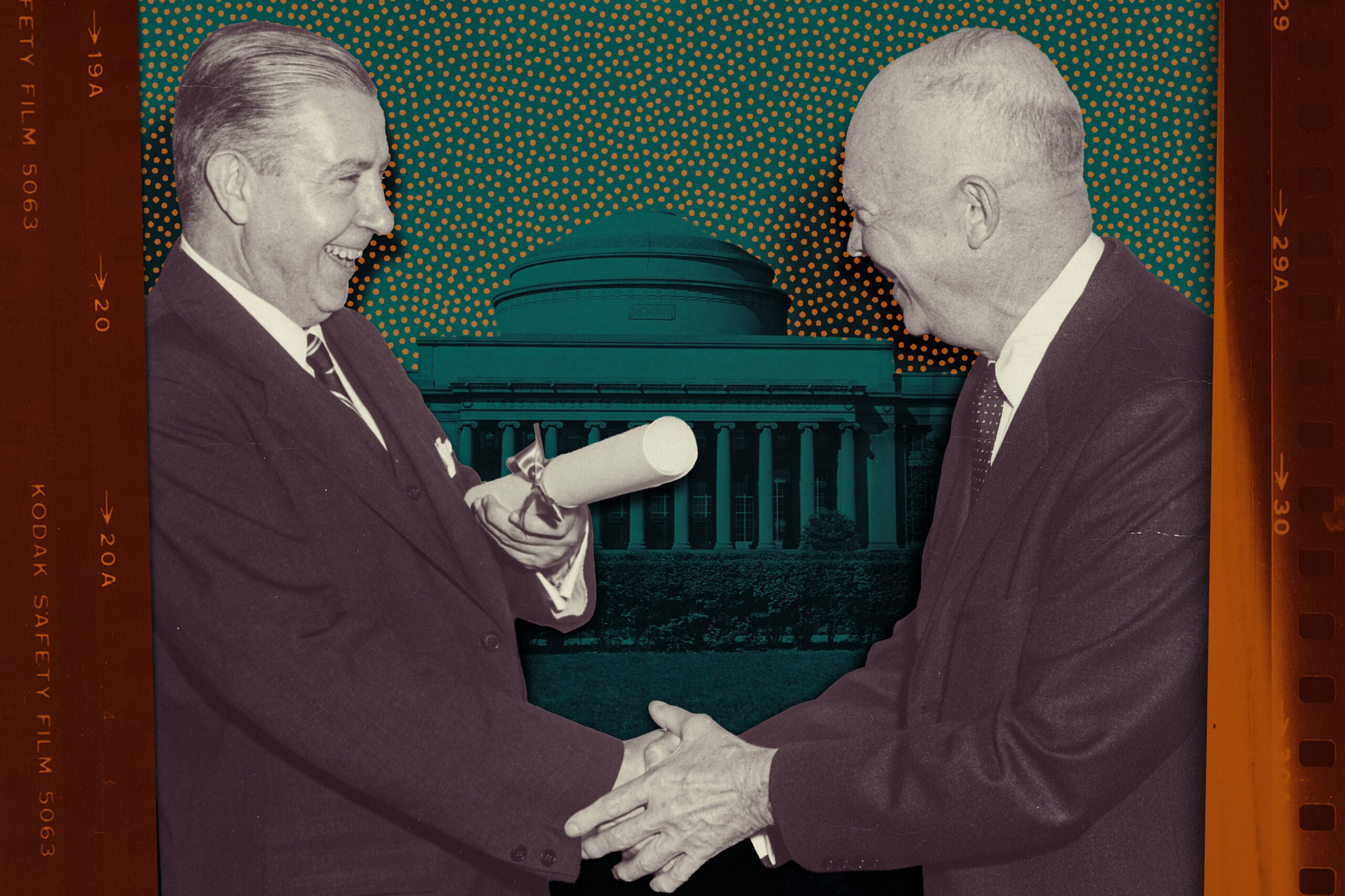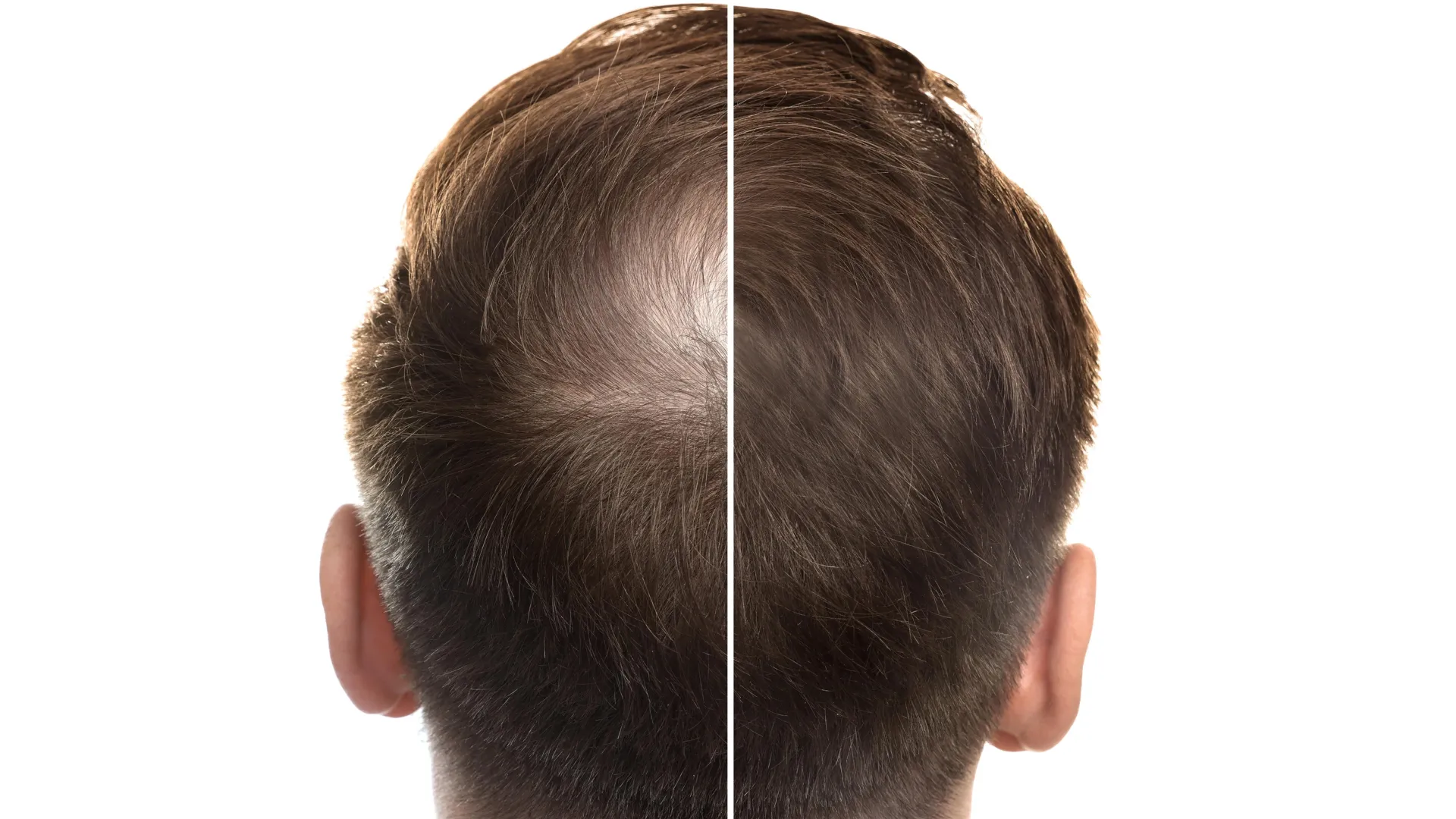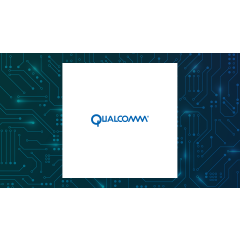
Deloitte’s latest report indicates that the world is entering a new phase of industrial innovation characterized by “physical AI.” This technology encompasses intelligent robots that can perceive, reason, and act within physical environments. The report, titled How robotics and physical AI are reshaping industries and society, outlines how this advancement is poised to revolutionize sectors such as manufacturing, construction, and logistics.
According to Deloitte, three key factors are driving this shift: rapid advancements in artificial intelligence models, decreasing hardware costs, and increasing labor shortages. The report emphasizes that physical AI systems represent a significant evolution beyond traditional automation, allowing machines to interact, interpret, and make real-time decisions in physical spaces. A spokesperson for Deloitte noted that this trend signifies a transformative change in perceptions of work, productivity, and human-machine collaboration.
Accelerating Adoption of Robots
Deloitte highlights the swift adoption of humanoid and quadruped robots, along with autonomous mobile systems, across various industries. Noteworthy examples include Agility Robotics‘ RoboFab plant, which is producing up to 10,000 humanoid robots annually, and Boston Dynamics‘ deployment of Spot robots in sectors ranging from energy to law enforcement.
The report explains that advancements in vision-language-action models enable robots to comprehend speech, analyze their surroundings, and execute tasks without explicit programming. It notes a significant reduction in manufacturing costs for humanoid robots, which fell by 40 percent between 2023 and 2024, attributed to cheaper sensors and improved production techniques. The market for robotics is also projected to expand rapidly, with estimates suggesting a global value of $392 billion by 2033 and a humanoid robot market worth $38 billion by 2035.
Impact on Workforce and Safety
Deloitte asserts that while physical AI will augment labor, it is likely that repetitive physical tasks will be the first to be automated. The report predicts that future job roles will increasingly involve collaboration between humans and robots, necessitating substantial investments in workforce training and safety measures.
Unlike traditional software-based AI, physical AI introduces distinct challenges regarding safety, regulation, and cybersecurity. As robots transition from controlled industrial settings to public environments, concerns about cyber-physical threats are intensifying. The report cites alarming statistics, revealing that 80 percent of manufacturing firms reported experiencing cyber incidents in 2024.
The report also introduces a “6Ps” roadmap to assist companies in effectively deploying physical AI: Prepare, Perceive, Process, Perform, Proceed, and Potential. This framework encompasses manufacturing capabilities, data systems, skills development, and the long-term implications for both business and society.
Tim Gaus, principal and smart manufacturing business leader at Deloitte, is identified as a key commentator, available to discuss how business leaders can strategically navigate this pivotal moment.
In conclusion, Deloitte’s findings suggest that physical AI could significantly transform work and productivity across a variety of industries. However, the consultancy cautions that organizations must proactively address both technical and human-capital challenges to fully realize the benefits of this emerging technology.






